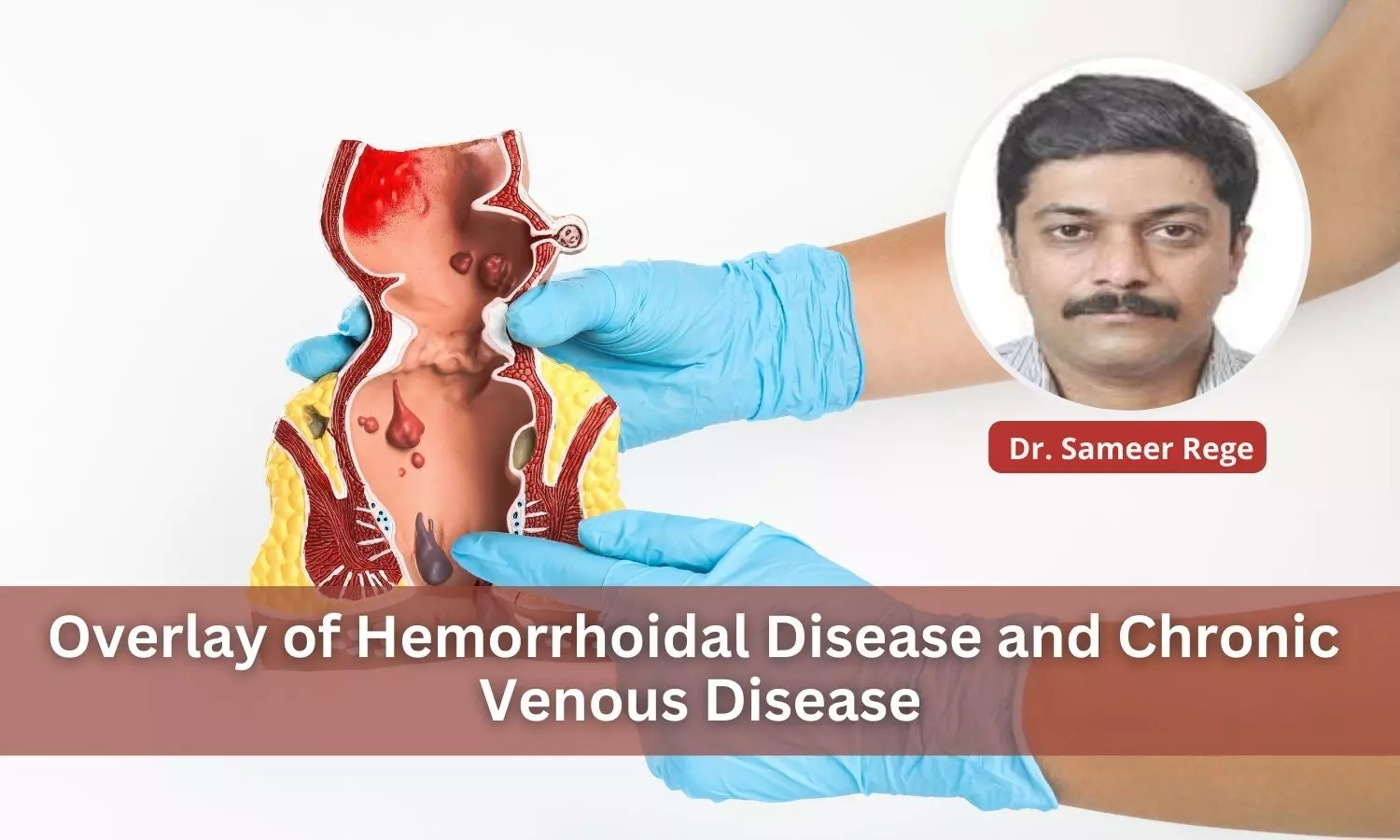- Home
- Medical news & Guidelines
- Anesthesiology
- Cardiology and CTVS
- Critical Care
- Dentistry
- Dermatology
- Diabetes and Endocrinology
- ENT
- Gastroenterology
- Medicine
- Nephrology
- Neurology
- Obstretics-Gynaecology
- Oncology
- Ophthalmology
- Orthopaedics
- Pediatrics-Neonatology
- Psychiatry
- Pulmonology
- Radiology
- Surgery
- Urology
- Laboratory Medicine
- Diet
- Nursing
- Paramedical
- Physiotherapy
- Health news
- Fact Check
- Bone Health Fact Check
- Brain Health Fact Check
- Cancer Related Fact Check
- Child Care Fact Check
- Dental and oral health fact check
- Diabetes and metabolic health fact check
- Diet and Nutrition Fact Check
- Eye and ENT Care Fact Check
- Fitness fact check
- Gut health fact check
- Heart health fact check
- Kidney health fact check
- Medical education fact check
- Men's health fact check
- Respiratory fact check
- Skin and hair care fact check
- Vaccine and Immunization fact check
- Women's health fact check
- AYUSH
- State News
- Andaman and Nicobar Islands
- Andhra Pradesh
- Arunachal Pradesh
- Assam
- Bihar
- Chandigarh
- Chattisgarh
- Dadra and Nagar Haveli
- Daman and Diu
- Delhi
- Goa
- Gujarat
- Haryana
- Himachal Pradesh
- Jammu & Kashmir
- Jharkhand
- Karnataka
- Kerala
- Ladakh
- Lakshadweep
- Madhya Pradesh
- Maharashtra
- Manipur
- Meghalaya
- Mizoram
- Nagaland
- Odisha
- Puducherry
- Punjab
- Rajasthan
- Sikkim
- Tamil Nadu
- Telangana
- Tripura
- Uttar Pradesh
- Uttrakhand
- West Bengal
- Medical Education
- Industry
Regimens of High doses of vitamin K may prevent vitamin K deficiency in very preterm infants

A new trial found that when compared to 0.3mg IM vitamin K birth prophylaxis, 1mg and 0.5 mg doses resulted in high sufficiency on follow-up. The trial results were published in 'The journal of Pediatrics.'
Intramuscular administration of vitamin K to prevent vitamin K deficiency bleeding (VKDB) has been a standard of care for a long time. Researchers conducted Open labeled, parallel-group, randomized clinical trial to study the efficacy of three different vitamin K birth prophylaxis regimens in premature infants at a Tertiary neonatal care unit in India.
Eligible patients included very preterm infants born ≤ 32 weeks and very low birth weight infants born ≤1500g. Infants were randomized, and 25 babies were enrolled in each group to receive 1.0mg,0.5mg, or 0.3mg of vitamin K1 I.M. (intramuscular) at birth. Protein induced by vitamin K absence - II (PIVKA-II) levels were assessed on days 5 and 28 along with the frequency of death, bleeding manifestations, intraventricular hemorrhage, necrotizing enterocolitis, bilirubin levels, and duration of phototherapy. The primary outcome was a comparison of PIVKA-II levels on day 5 of life.
Results:
- All the 3 regimens resulted in a similar proportion of vitamin K subclinical sufficiency (PIVKA-II < 0.028 AU/ml) infants on day 5[p 0.347], with no significant difference in median (interquartile range) PIVKA-II levels.
| Vitamin K dosage | proportion of babies |
| 1 mg | 100% |
| 0.5mg | 91.7% |
| 0.3 mg | 91.7% |
- However, on day 28, there was a significant fall in the proportion of vitamin K-sufficient infants in the 0.3mg IM group compared to the 1.0mg or 0.5mg groups.
Vitamin K dosage | proportion of babies |
| 1 mg | 100% |
| 0.5 mg | 91.3% |
| 0.3 mg | 72.7% |
- The 1.0mg group had significantly higher bilirubin levels and duration of phototherapy.
- There were no statistically different clinical outcomes.
Take-home points:
- In a randomized controlled trial comparing prophylactic vitamin K doses in 75 very preterm or very low birth weight infants, those receiving 1 mg intramuscular vitamin K at birth had significantly lower rates of vitamin K deficiency at 28 days than those receiving 0.3 mg.
- No significant difference was found in rates of specific bleeding complications or mortality based on prophylactic vitamin K dosage
Further reading: Hunnali CR, Devi U, Kitchanan S, S G. Three different regimens for vitamin K birth prophylaxis in preterm infants: A randomized clinical trial [published online ahead of print, 2022 Nov 4]. J Pediatr. 2022;S0022-3476(22)00992-1. doi: 10.1016/j.jpeds.2022.10.031
BDS, MDS
Dr.Niharika Harsha B (BDS,MDS) completed her BDS from Govt Dental College, Hyderabad and MDS from Dr.NTR University of health sciences(Now Kaloji Rao University). She has 4 years of private dental practice and worked for 2 years as Consultant Oral Radiologist at a Dental Imaging Centre in Hyderabad. She worked as Research Assistant and scientific writer in the development of Oral Anti cancer screening device with her seniors. She has a deep intriguing wish in writing highly engaging, captivating and informative medical content for a wider audience. She can be contacted at editorial@medicaldialogues.in.
Dr Kamal Kant Kohli-MBBS, DTCD- a chest specialist with more than 30 years of practice and a flair for writing clinical articles, Dr Kamal Kant Kohli joined Medical Dialogues as a Chief Editor of Medical News. Besides writing articles, as an editor, he proofreads and verifies all the medical content published on Medical Dialogues including those coming from journals, studies,medical conferences,guidelines etc. Email: drkohli@medicaldialogues.in. Contact no. 011-43720751




